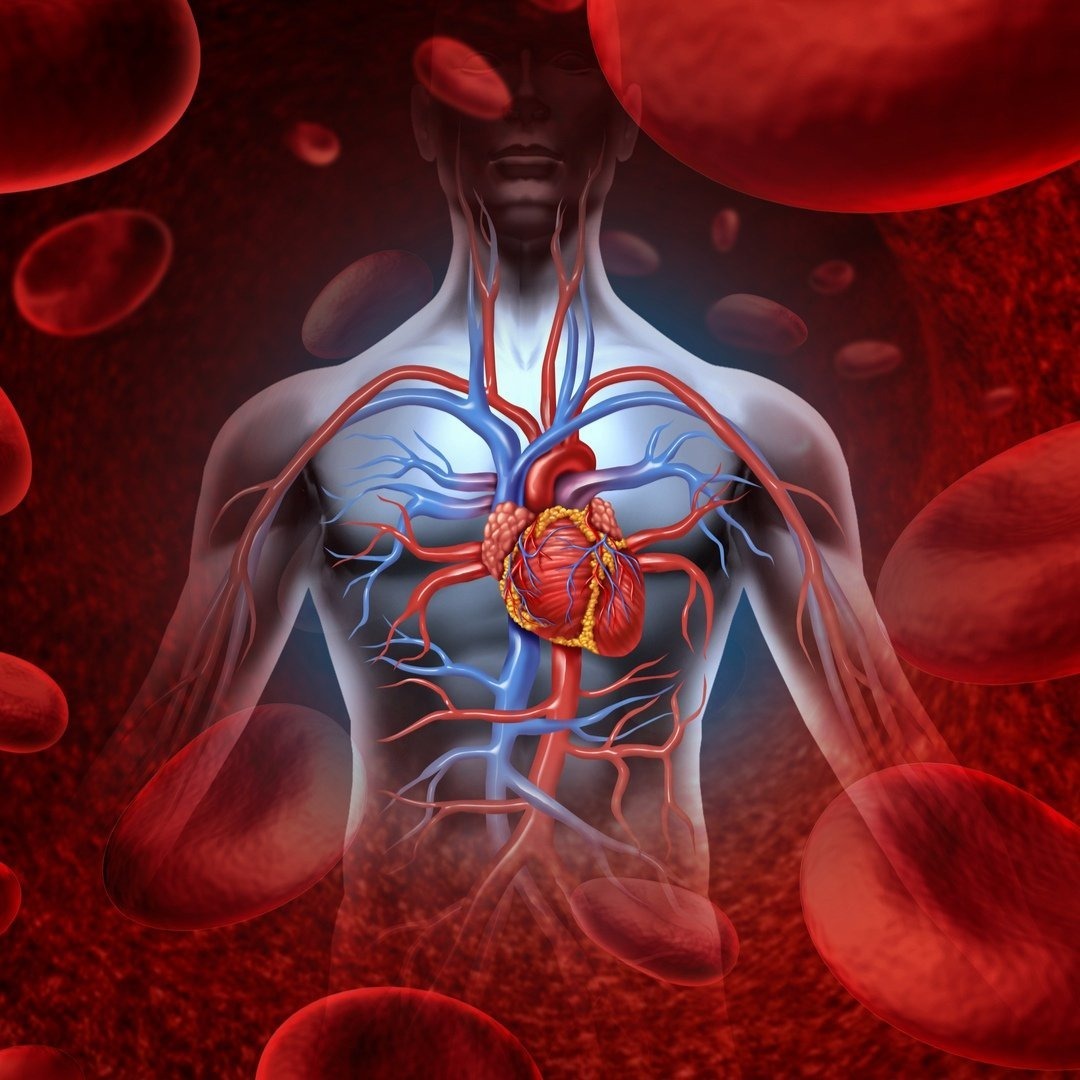Normal physiology, as the science of the life of a healthy person, serves as the methodological foundation of medicine. It also provides the scientific basis for diagnosing health and predicting the functional activity of the human body.
As a final discipline in the section of preclinical biomedical education for students, normal physiology is closely aligned with the tasks of modern medicine. The subject should be taught based on an analytical-synthetic approach to evaluate both the various functions of a healthy body and the mechanisms of their regulation.
In light of the above, this program includes modern scientific achievements in analyzing the activity of physiological and functional systems in adults, combining both analytical and synthetic physiology. It consists of 3 main parts: general physiology, specific physiology, and the physiological foundations of human integrative behavior. For students majoring in “General Medicine”.
• The total labor intensity of the course: 12 credits (432 hours)
• Classroom training: 216 hours
• Independent work of students: 216 hours
• Semester: 1, 2
• Final control: exam
As a final discipline in the section of preclinical biomedical education for students, normal physiology is closely aligned with the tasks of modern medicine. The subject should be taught based on an analytical-synthetic approach to evaluate both the various functions of a healthy body and the mechanisms of their regulation.
In light of the above, this program includes modern scientific achievements in analyzing the activity of physiological and functional systems in adults, combining both analytical and synthetic physiology. It consists of 3 main parts: general physiology, specific physiology, and the physiological foundations of human integrative behavior. For students majoring in “General Medicine”.
• The total labor intensity of the course: 12 credits (432 hours)
• Classroom training: 216 hours
• Independent work of students: 216 hours
• Semester: 1, 2
• Final control: exam
